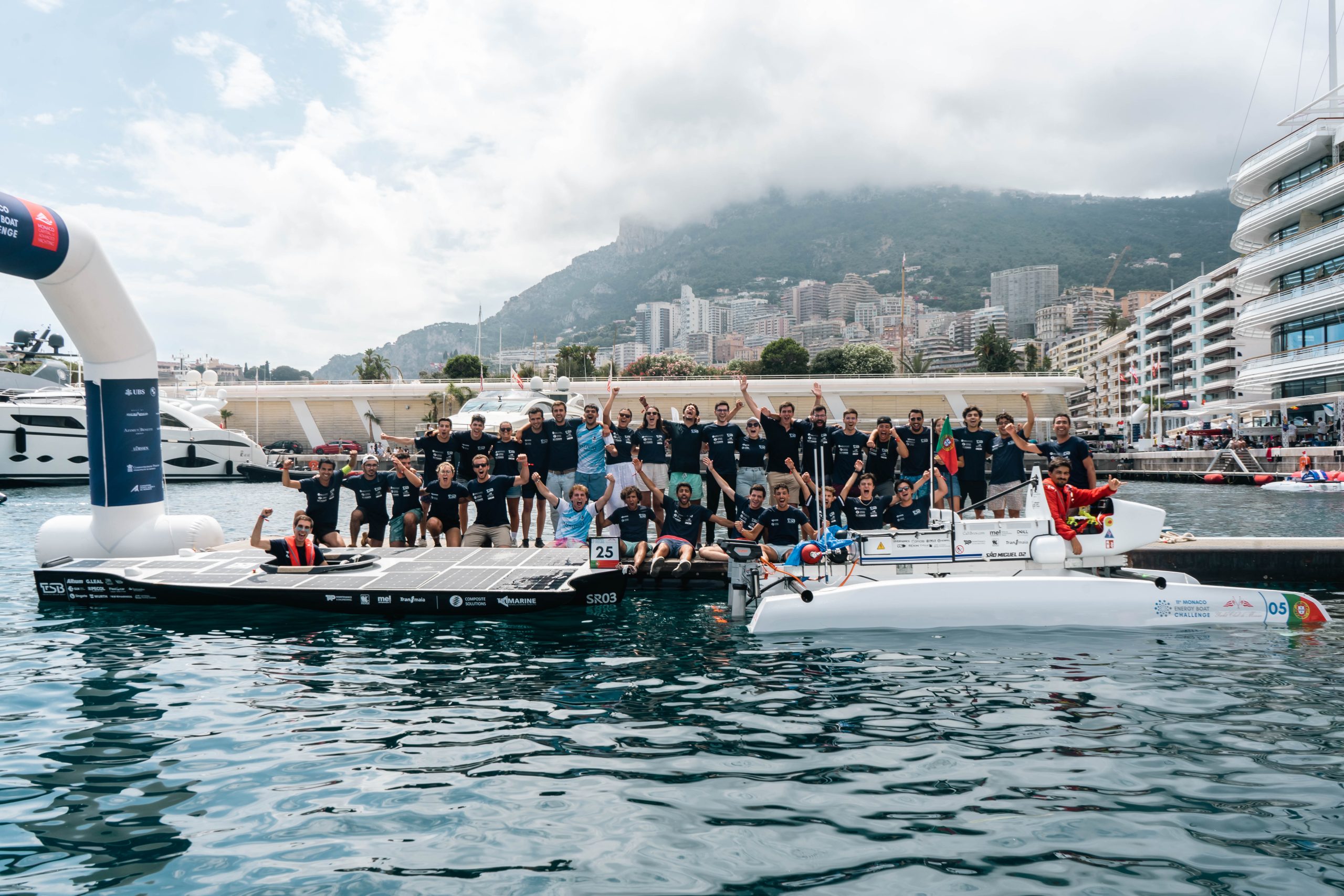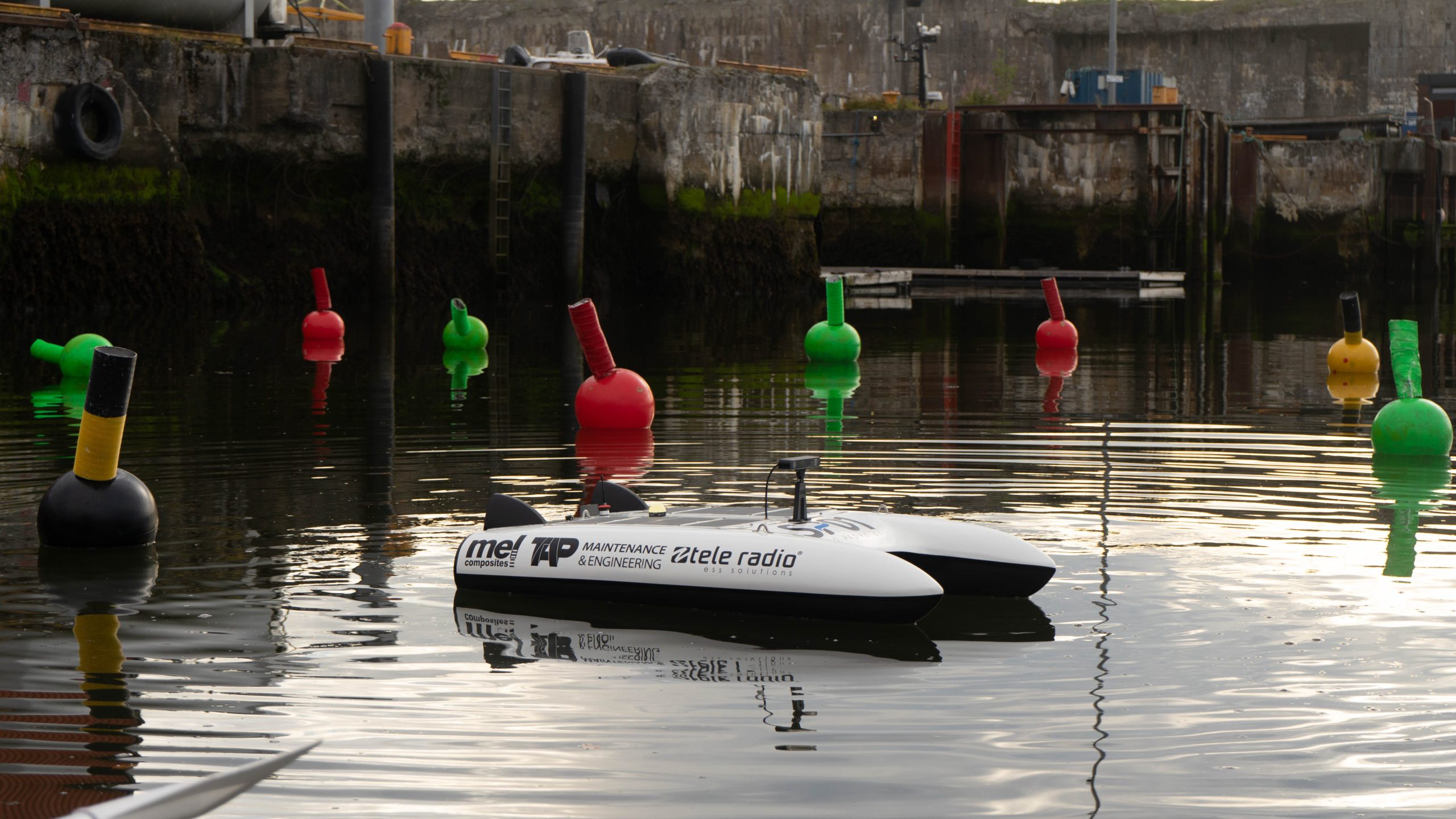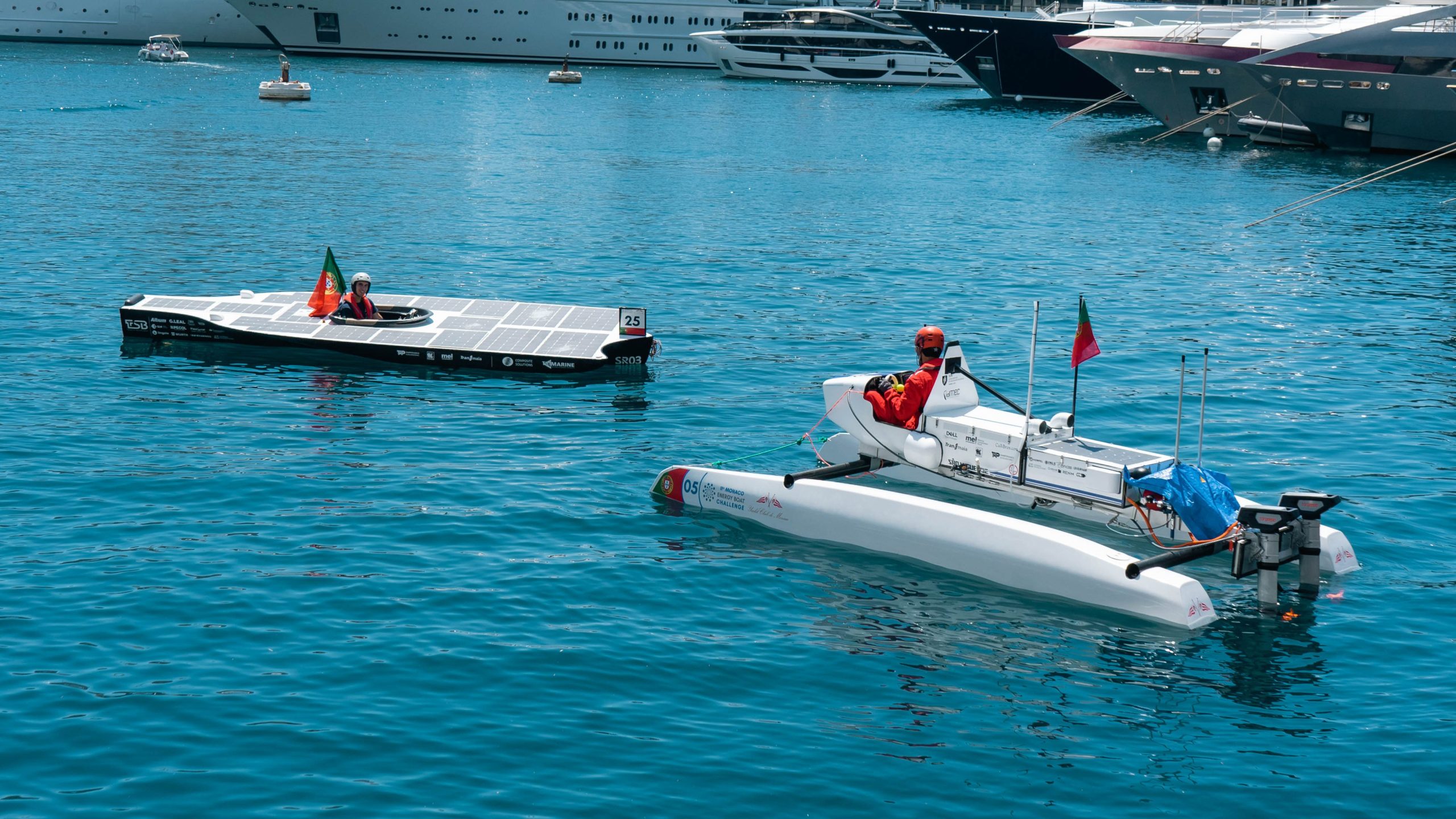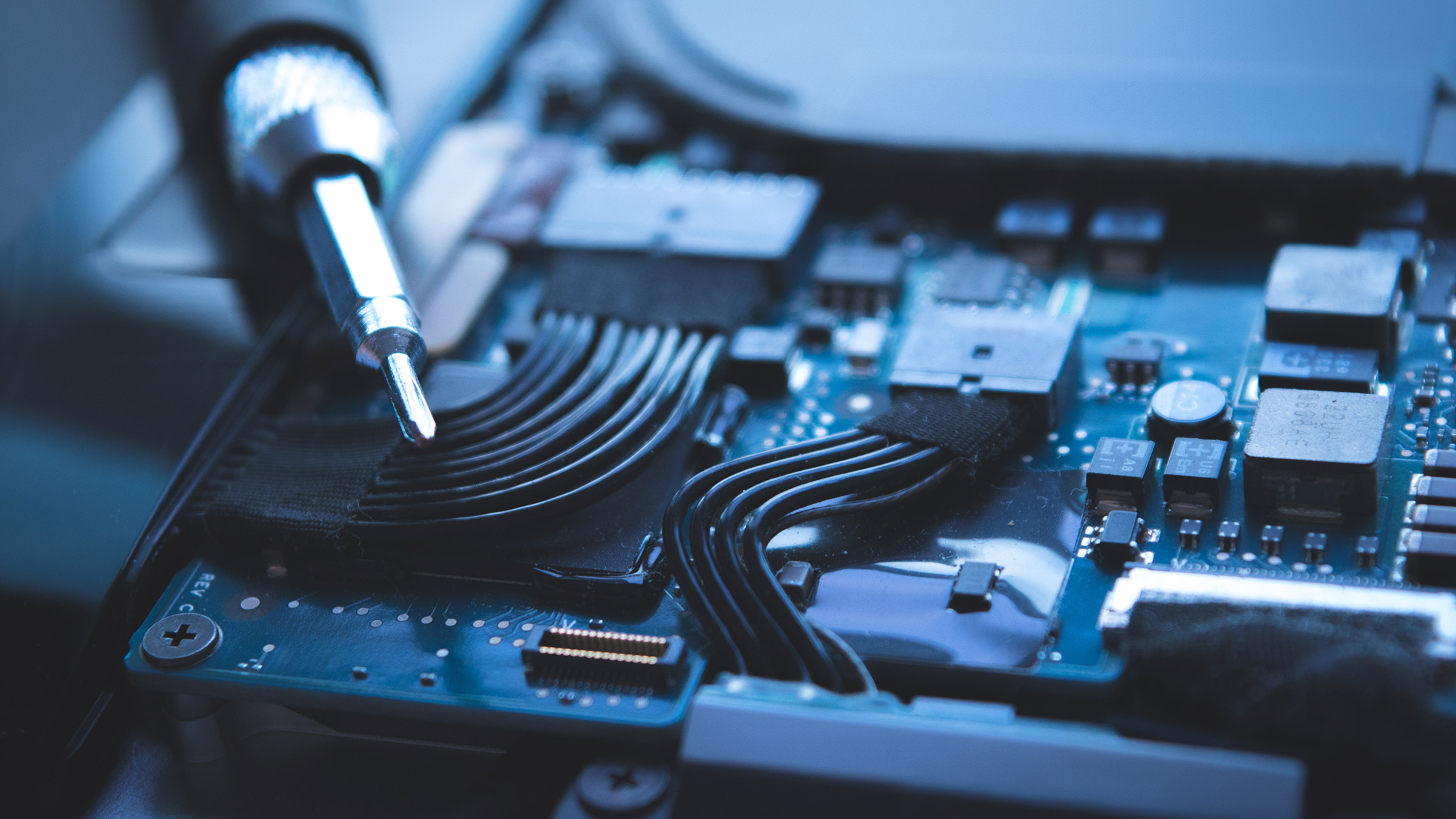Técnico Solar Boat: driving sustainable maritime engineering

Técnico Solar Boat (TSB) is a student group at Técnico focused on building sustainable vessels. Every year, the students participate in various events and competitions, representing Técnico both nationally and internationally. In an interview with DEEC, Afonso Coelho, Diogo Carvalho, and André Carvalho—Electrical and Computer Engineering students and members of TSB's electrical systems department—shared insights about their prototypes and the competitions in which the team takes part.
Técnico Solar Boat is a project aimed at building vessels powered by renewable energy sources, such as hydrogen and solar panels. (...) The project was founded in 2015, and since then we've built 6 prototypes; we are currently building the 7th.
Afonso Coelho, MEEC student and head of the TSB electrical systems department
Over the past 10 years, students have developed several boats across three categories: manually piloted and solar-powered, autonomous and solar-powered, and manually piloted and hydrogen-powered. In the future, they aim to create a prototype that combines all three characteristics: autonomous, solar- and hydrogen-powered.
These prototypes are showcased at events such as REPMUS (Robotic Experimentation and Prototyping with Maritime Unmanned Systems), an annual NATO military exercise hosted by Portugal and supported by the Portuguese Navy’s CEOV (Cell for Innovation and Operational Experimentation with Unmanned Systems), and Artex (Army Technological Experimentation), a program organized by the Portuguese Army that fosters collaboration with universities and companies.
On the international stage, students participate annually in the NJord – Autonomous Ship Challenge with their autonomous boat, and in the Monaco Energy Boat Challenge with their manually controlled prototypes.
Njord – Autonomous Ship Challenge
At Njord, in Norway, the autonomous boat is tested through several tasks that require navigating around buoys, ensuring the boat passes on the correct side based on the buoy’s color. Currently, these buoys are detected up to a maximum distance of 10 meters using a camera installed on the boat and AI systems. While the camera is responsible for identifying the color of the buoys, the short detection range makes it difficult to avoid obstacles quickly, forcing the boat to move at very low speeds. To address this, the team plans to integrate LiDAR (Light Detection and Ranging) sensors that can scan and detect objects up to around 100 meters, helping avoid obstacles and dock properly. As André Carvalho, responsible for the control systems of the SP01 prototype, explains: “The LiDAR would put the buoy on the map, and the camera would identify it.”
Last year, the students placed 2nd with the SP01 – São Pedro prototype.

Monaco Energy Boat Challenge
At the Monaco Energy Challenge, all boats are manned. The goal is to maximize energy efficiency using renewable sources such as solar, hydrogen, electricity, or other alternatives—supporting a more sustainable maritime industry. Técnico Solar Boat competes with hydrogen- and solar-powered boats, which have earned several awards in recent years. In 2020 and 2022, the team won the Innovation Award at the Monaco Solar and Energy Boat Challenge for their hydrogen system. Last year, they placed 3rd in the solar class with the SR03 – São Rafael. This year, they’ll compete with their latest prototype, SG01 – São Gabriel.

Everything we can imagine today has the hands of an electrical engineer in it—from cars (...) to boats, computers, or phones.
Afonso Coelho, MEEC student and head of the TSB electrical systems department
At Técnico Solar Boat, especially within the electrical systems department, students are challenged to develop all control and navigation systems, as well as power supply, energy management, and auxiliary systems. Afonso Coelho highlights that students are given “the freedom to always try new things,” from battery development to the design of electronic systems.
Being part of TSB offers the opportunity to apply classroom knowledge in a practical context, where “you learn a bit of everything,” says Afonso, who currently leads the electrical systems department. Likewise, Diogo Carvalho, an undergraduate student and department member, compares TSB’s operation to that of a startup: “We often have to manage our own resources and end up learning to do many different things,” he says, noting the positive experience and collaboration with other student groups at Técnico.
I think there’s a lot of mutual support between student groups, which is very important because no one can know everything, but the knowledge some people gain can be shared with others. That’s what teamwork is all about.
Diogo Carvalho, LEEC student and member of the TSB electrical systems department
Photos: Técnico Solar Boat
